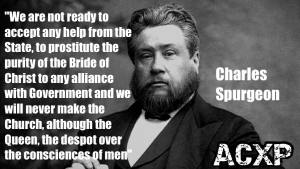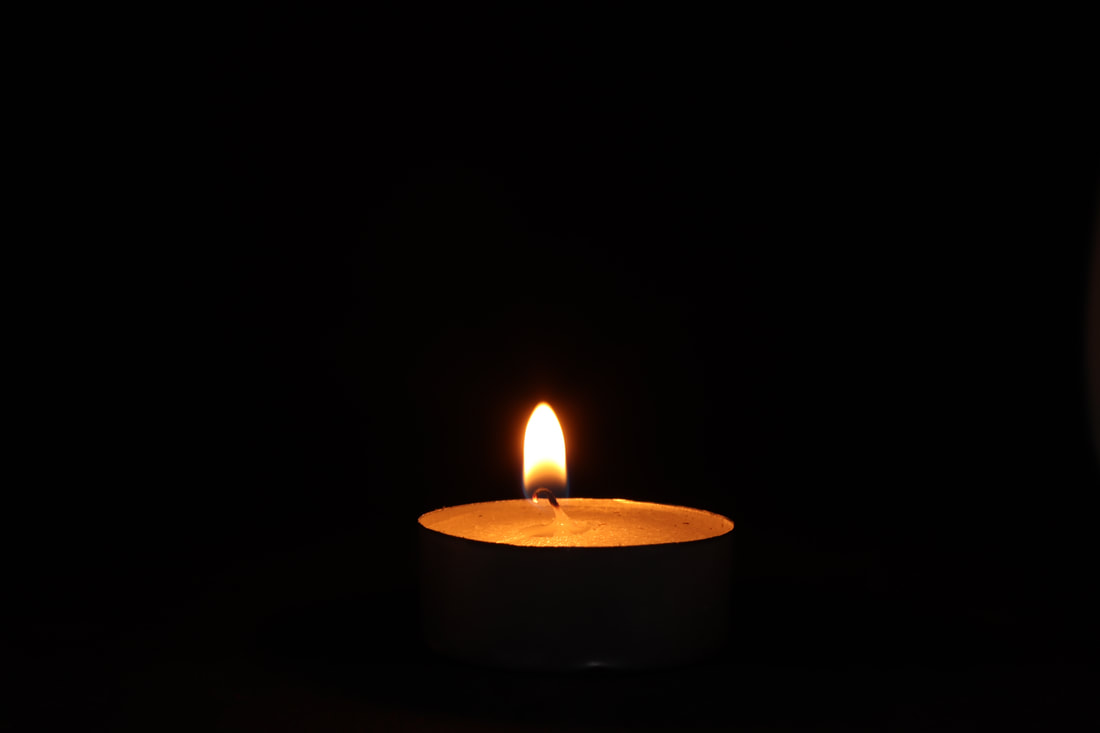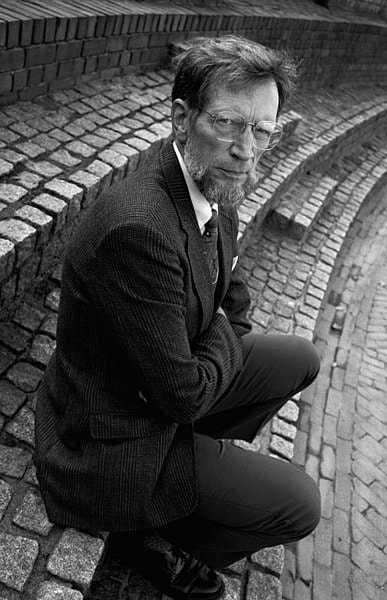A few weeks ago, I read George Orwell’s “Politics and the English Language.” Towards the end of the piece Orwell said something which slapped me in the face, as he revealed to me that I, in a way, am an idolater no better than those ignorant ancients depicted in the Bible. Orwell said,
“When you think of a concrete object, you think wordlessly, and then, if you want to describe the thing you have been visualizing, you probably hunt about till you find the exact words that seem to fit it. When you think of something abstract you are more inclined to use words from the start, and unless you make a conscious effort to prevent it, the existing dialect will come rushing in and do the job for you, at the expense of blurring or even changing your meaning. Probably it is better to put off using words as long as possible and get one’s meanings as clear as one can through pictures and sensations. Afterwards one can choose – not simply accept – the phrases that will best cover the meaning, and then switch round and decide what impression one’s words are likely to make on another person."













 RSS Feed
RSS Feed